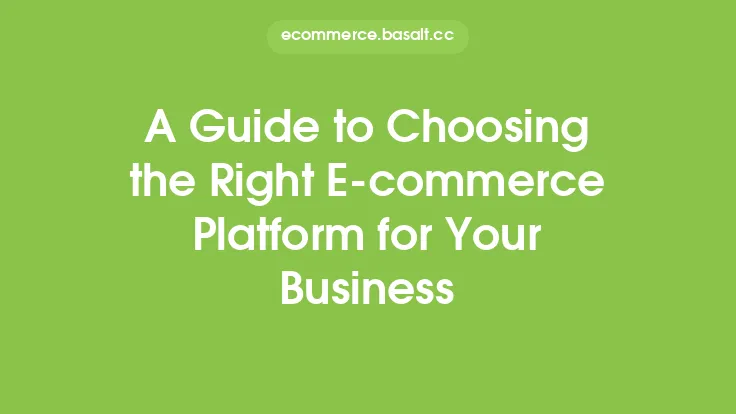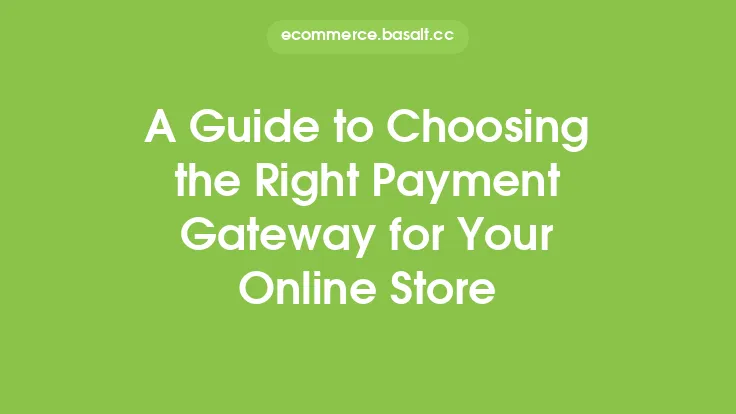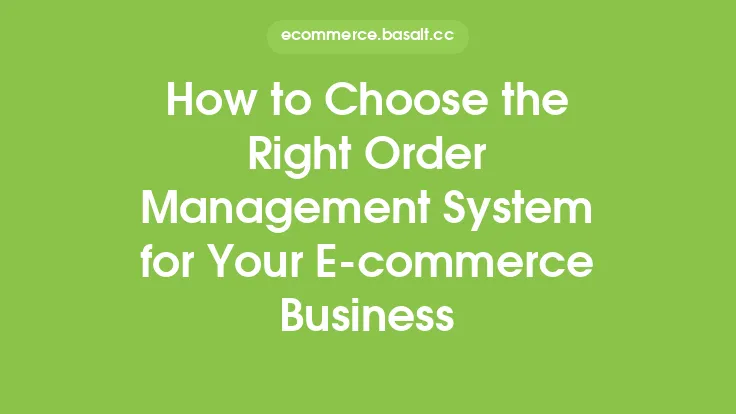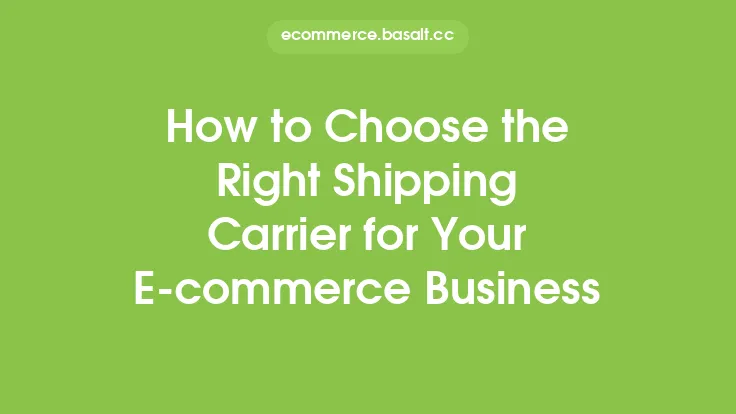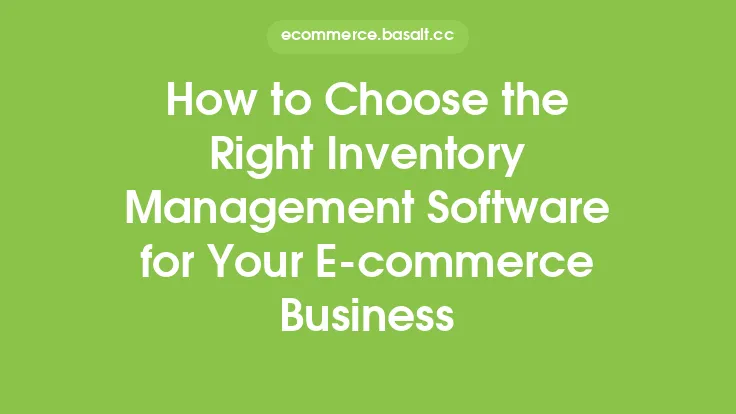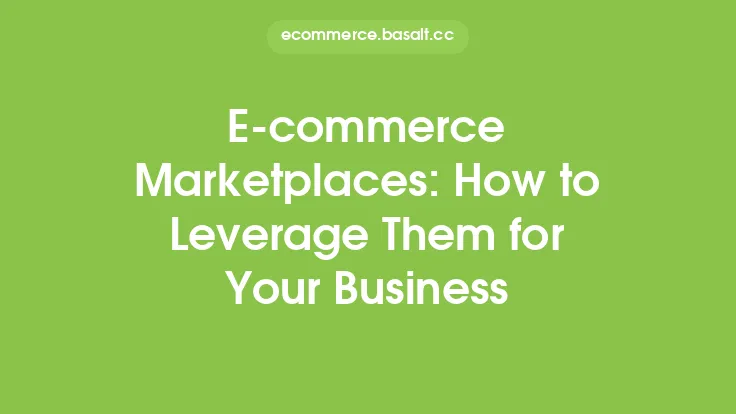When it comes to running a successful e-commerce business, one of the most critical components is the payment processing system. A payment processor acts as an intermediary between your online store and the financial institutions that handle transactions, enabling you to accept payments from customers. With so many payment processors available, choosing the right one for your e-commerce business can be a daunting task. In this article, we will provide you with a comprehensive guide to help you make an informed decision.
Key Factors to Consider
Before selecting a payment processor, there are several key factors to consider. These include the types of payment methods you want to accept, the fees associated with each transaction, the level of security and compliance required, and the integration capabilities with your e-commerce platform. You should also consider the payment processor's reputation, customer support, and scalability to ensure they can grow with your business.
Types of Payment Processors
There are several types of payment processors to choose from, each with its own strengths and weaknesses. These include:
- Merchant Account Providers: These providers offer a dedicated merchant account, which allows you to accept payments directly into your account.
- Payment Gateway Providers: These providers offer a payment gateway that connects your online store to the payment processor, enabling you to accept payments.
- Payment Facilitators: These providers offer a simplified payment processing solution, where they act as the merchant of record and handle all payment processing on your behalf.
- Aggregate Merchant Account Providers: These providers offer a shared merchant account, where multiple businesses share the same account.
Payment Processing Fees
Payment processing fees are a critical consideration when choosing a payment processor. These fees can vary depending on the type of payment processor, the payment method, and the transaction volume. Common fees include:
- Transaction Fees: A fee charged per transaction, typically a percentage of the transaction amount plus a fixed fee.
- Monthly Fees: A recurring fee charged each month, regardless of transaction volume.
- Setup Fees: A one-time fee charged to set up the payment processing account.
- Chargeback Fees: A fee charged when a customer disputes a transaction.
Security and Compliance
Security and compliance are essential considerations when choosing a payment processor. You should ensure that the payment processor is compliant with industry standards, such as PCI-DSS, and offers robust security features, such as encryption and tokenization. You should also consider the payment processor's fraud detection and prevention capabilities.
Integration and Compatibility
The payment processor should be able to integrate seamlessly with your e-commerce platform, whether it's a hosted platform like Shopify or a self-hosted platform like Magento. You should also consider the payment processor's compatibility with other third-party tools and services, such as accounting software and shipping providers.
Customer Support and Reputation
The payment processor's customer support and reputation are critical considerations. You should look for a payment processor that offers 24/7 customer support, a comprehensive knowledge base, and a reputation for reliability and trustworthiness. You can research the payment processor's reputation by reading reviews, checking their social media presence, and asking for referrals from other businesses.
Scalability and Flexibility
The payment processor should be able to scale with your business, handling increased transaction volumes and offering flexible payment options. You should consider the payment processor's ability to handle recurring payments, subscriptions, and international transactions.
Conclusion
Choosing the right payment processor for your e-commerce business is a critical decision that can impact your bottom line and customer satisfaction. By considering the key factors outlined in this article, you can make an informed decision and select a payment processor that meets your business needs. Remember to evaluate the payment processor's fees, security, integration capabilities, customer support, and scalability to ensure you find the best fit for your e-commerce business.
